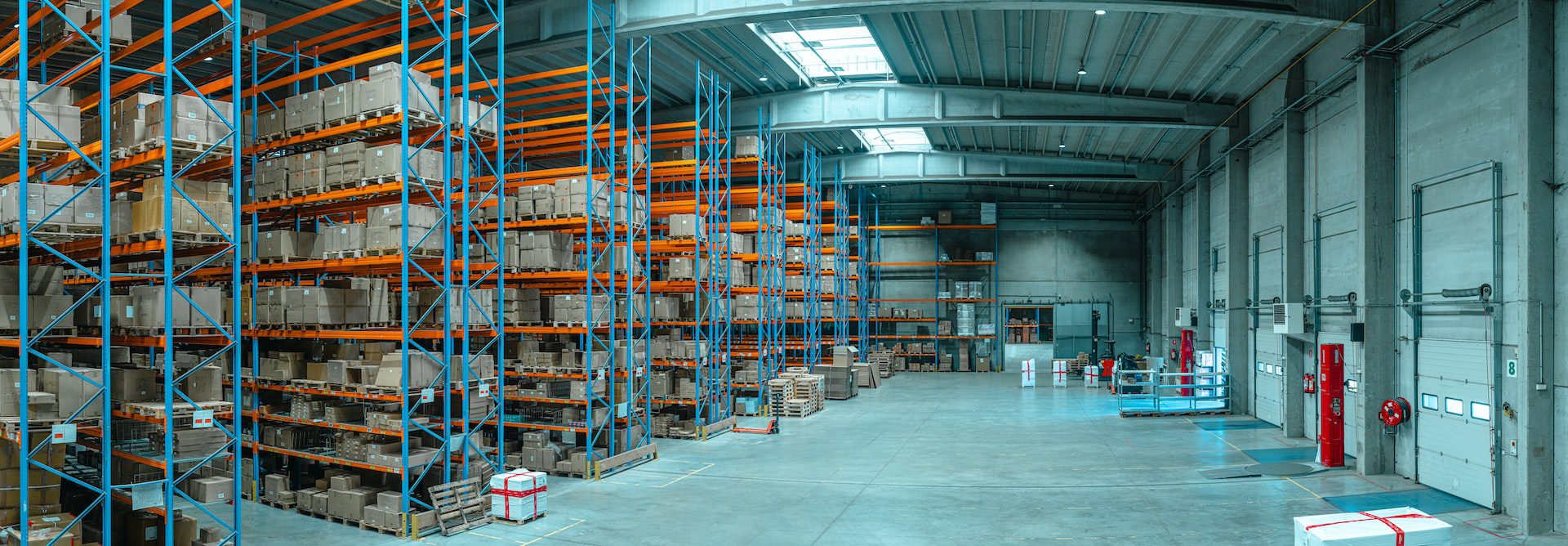A leaked draft of the European Commission’s Single Market Emergency Instrument (SMEI) has some countries worried that the commission is going too far in addressing supply chain issues experienced across the block because of the COVID-19 pandemic and the war in Ukraine.
The leaked draft, seen by Reuters, is set to be presented by the commission on September 13th, but it is already meeting resistance from some member states and even sectors within the commission.
The European Union’s Internal Market Commissioner Thierry Breton initially announced that he was starting work on the proposal at the end of 2021 to address supply chain bottlenecks and the scramble among member states for medical supplies during the initial wave of COVID-19. Since then, the war in Ukraine has exposed additional weaknesses in member states’ ability to secure pillar products such as natural gas, oil, and fertilizer, as well the tension shortages can cause between otherwise amicable national allies.
The draft was originally set to be released in the spring, but it has proven harder than Breton had thought to reach a reasonably anticipated consensus.
In leaked internal documents from December 2021, Breton had proposed making structural changes in European supply chains through EU policy.
“The need for resilient supply chains within the EU and globally goes way beyond the impact of unexpected and temporary events,” Breton said in his letter. “The acute supply shortages experienced during the crisis exacerbated underlying, structural dependencies regarding products, services, and technologies.”
“We need structural solutions in place for the next crisis which, whatever its nature, can trigger major shocks in demand or supply that affect our industries and can fragment our Single Market,” he also wrote.
In June, Politico reports, Margrethe Vestager, EU commissioner for competition, said that she would “be particularly attentive” to ensure the proposal isn’t too interventionist and a heavy burden for businesses.
Moreover, according to Politico, a group of nine countries, including the Netherlands, Sweden, Belgium and Denmark, already warned the EU that it was going too far.
“We have rising concerns about the direction that the preparatory work is taking,” they wrote in a letter sent to the cabinets of Commission President Ursula von der Leyen and several commissioners.
“The call for evidence hints at a proposal that is less about facilitating a well-functioning single market and more about steering industries in a non-crisis environment, to prepare for future unknown crises,” they added.
It seems unlikely that the leaked draft of “tools” which, under the emergency proposal, the EU would have the power to force on member states will quell these fears.
Reuters reports that the draft asks “EU states to reorganise supply chains and increase supplies of crisis-relevant goods as quickly as possible.”
Measures “include expanding or repurposing existing production capacities or setting up new ones, as well as placing crisis-relevant goods on the market,” Reuters further reports.
Companies could also be made to prioritise the production of certain critical goods.
The draft lays out enforcement measures of heavy fines (up to 300,000 euros for businesses that provide incorrect or misleading information), while those that fail to comply with an order to prioritise key products could be subjected to daily periodic penalty payments of up to 1.5% of average daily turnover.
Reuters reports that the consultancy Eurointelligence warned the proposal “is strategic autonomy of the illiberal Chinese variety.”
Once the draft is formally released and presented to the EU’s parliament and member states, months of further negotiations will follow on a proposal that will likely remain as controversial as ever.






